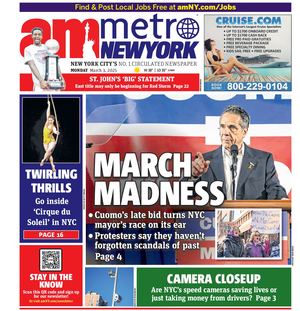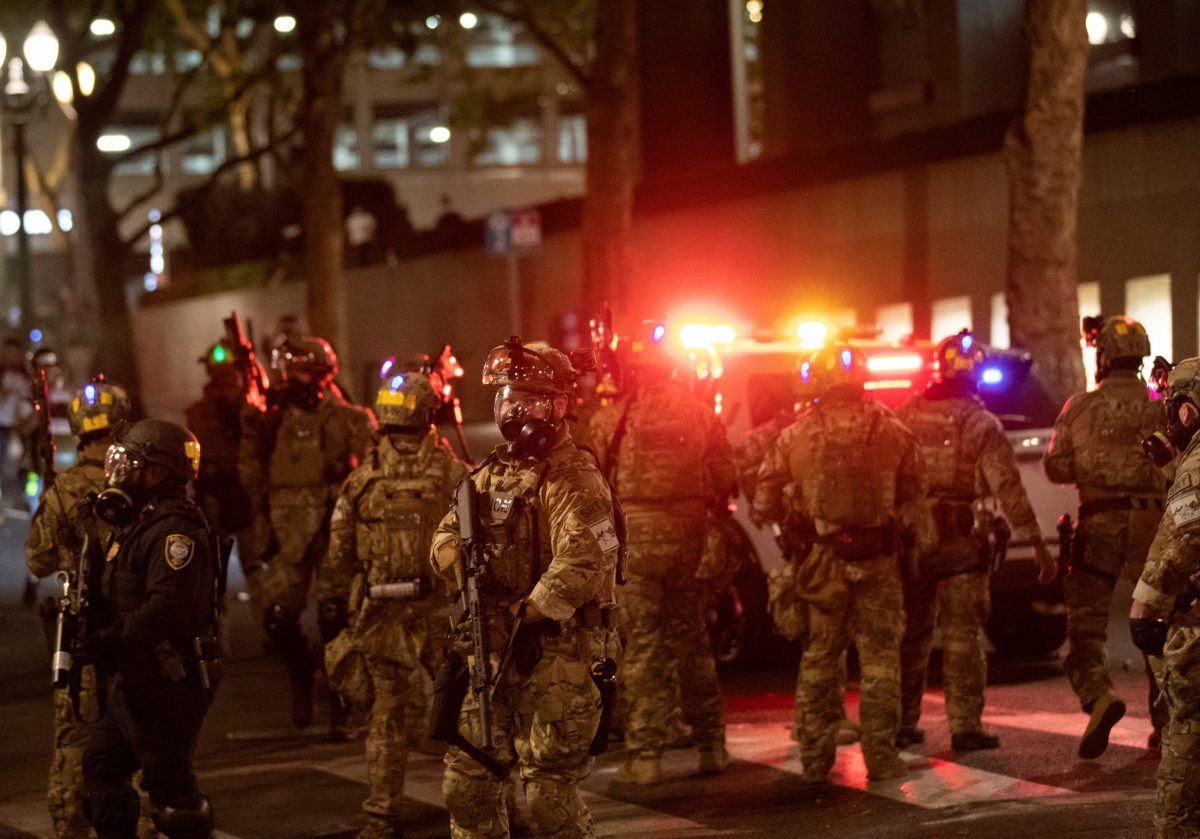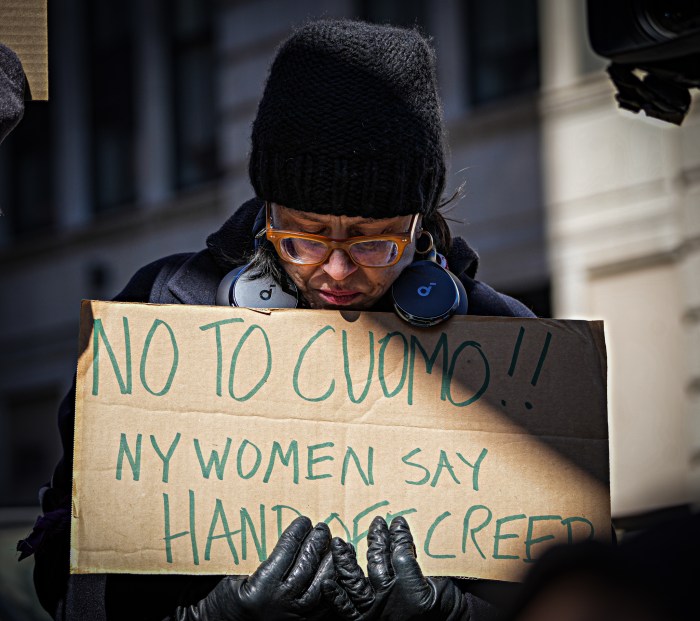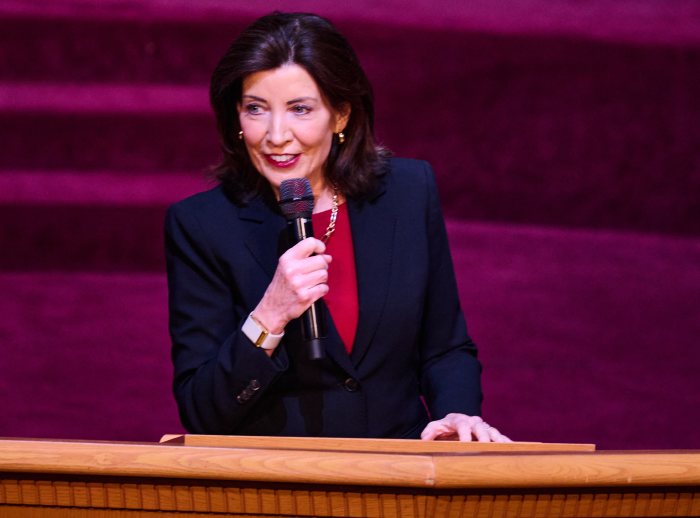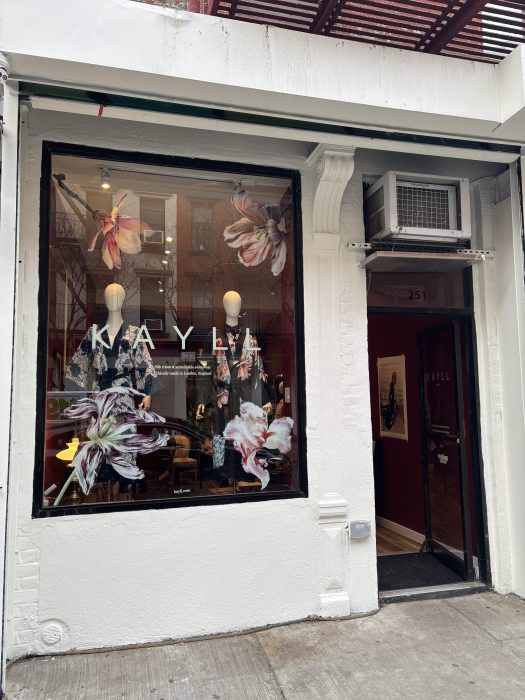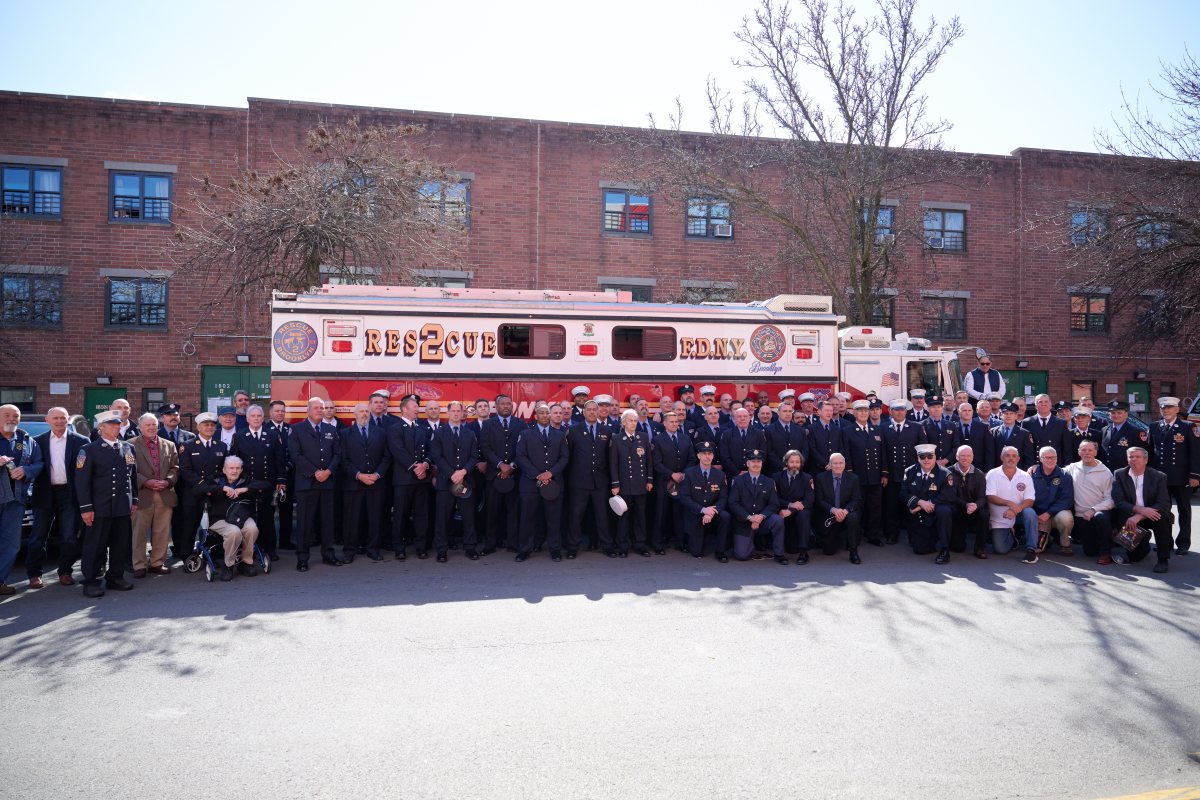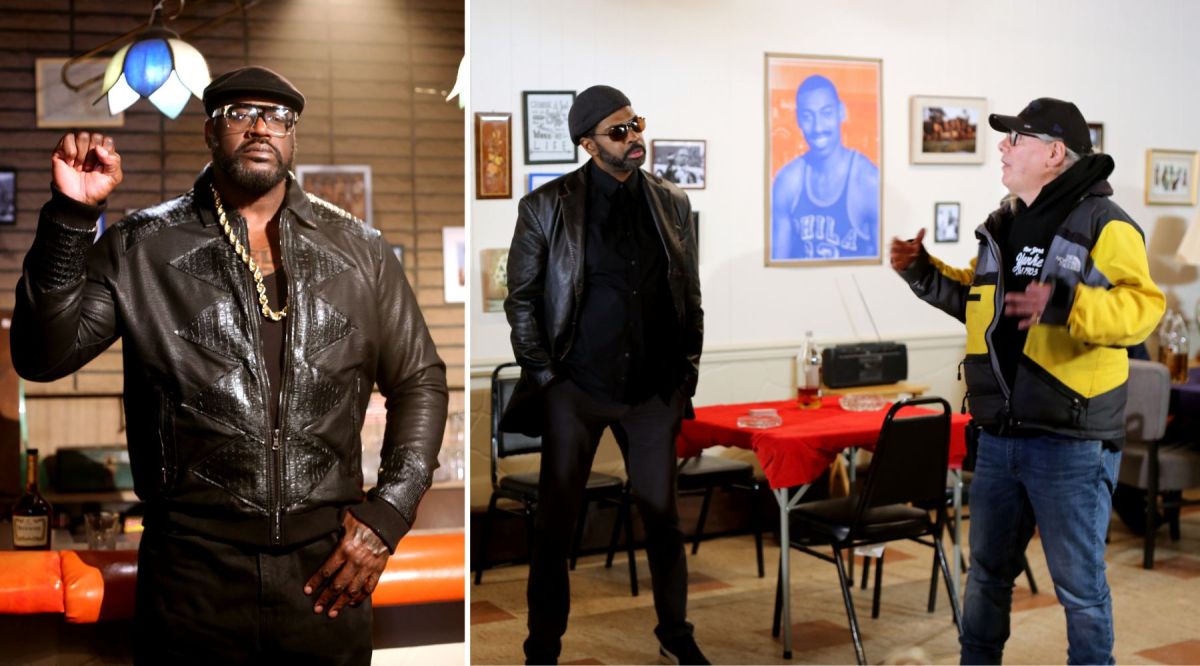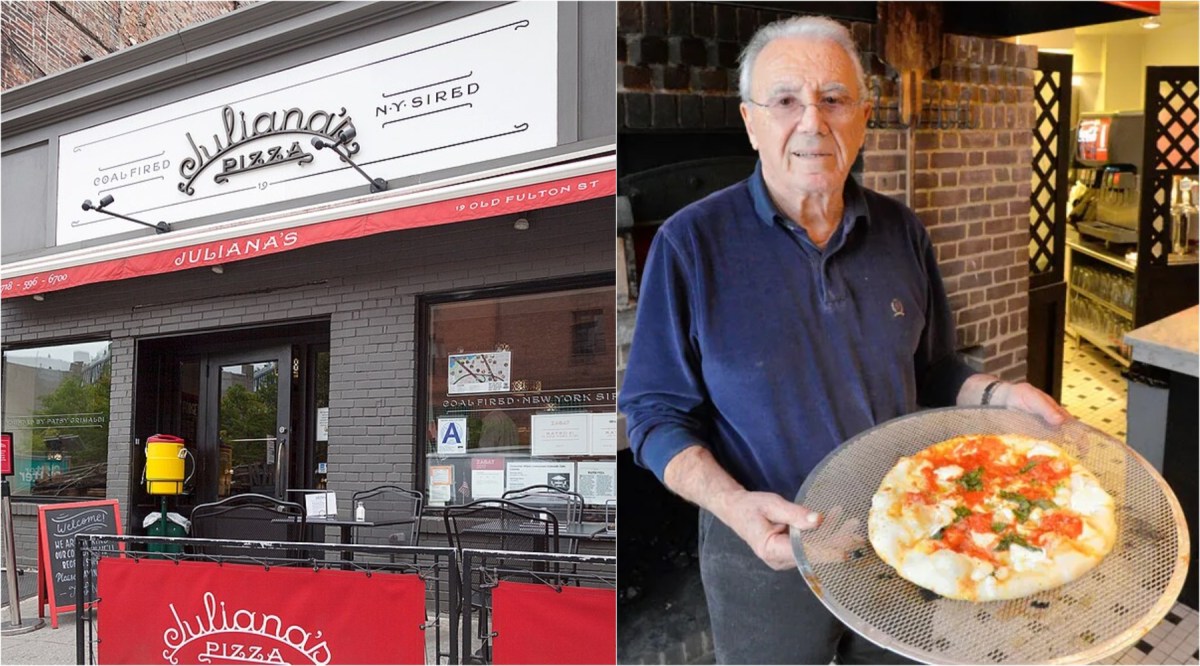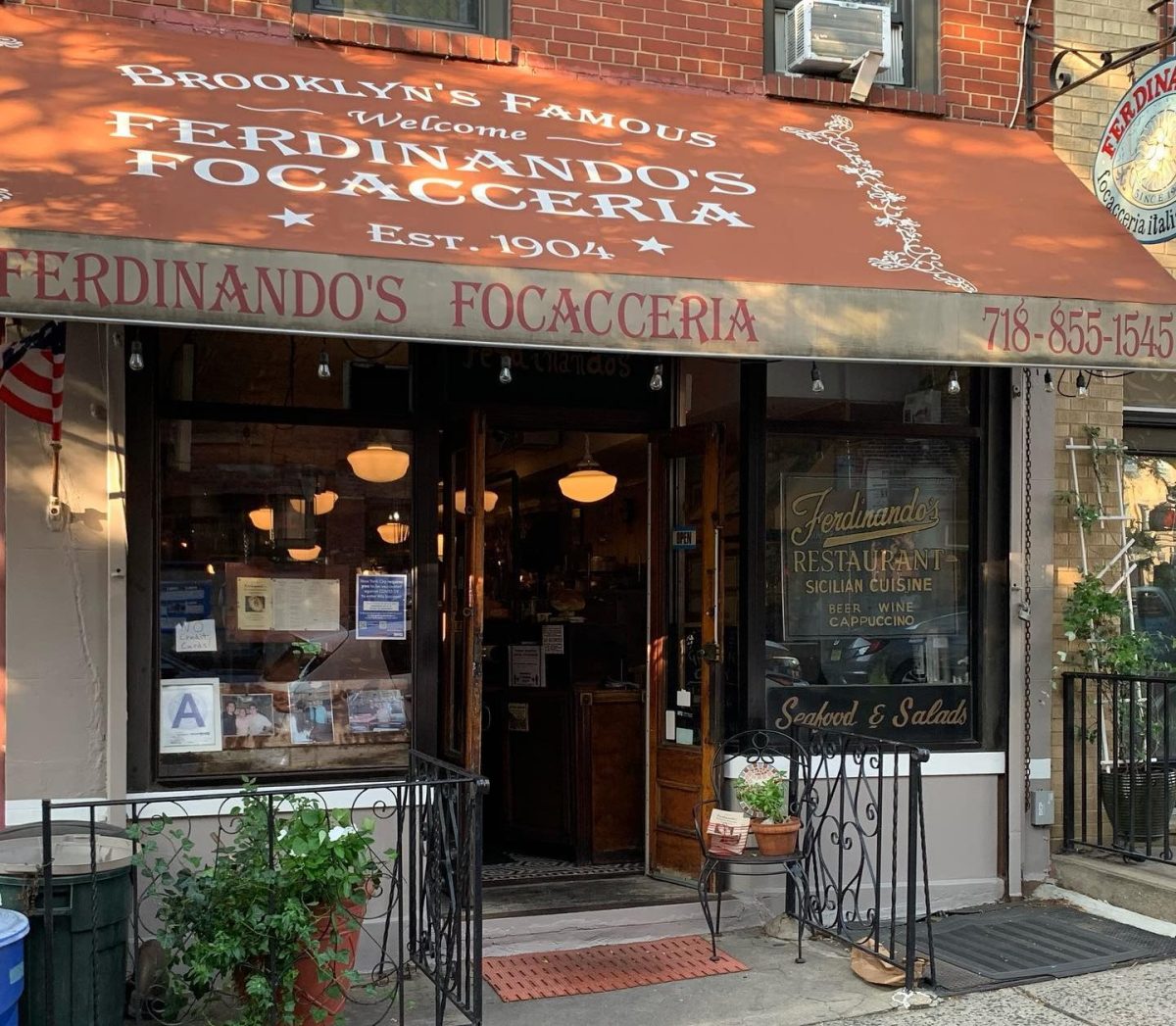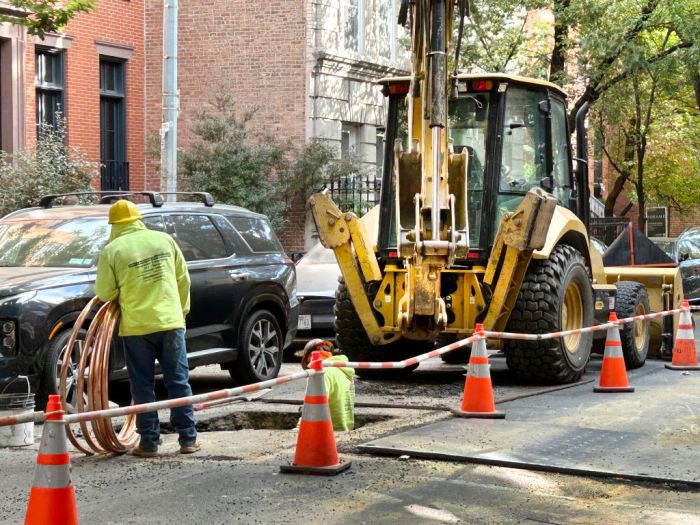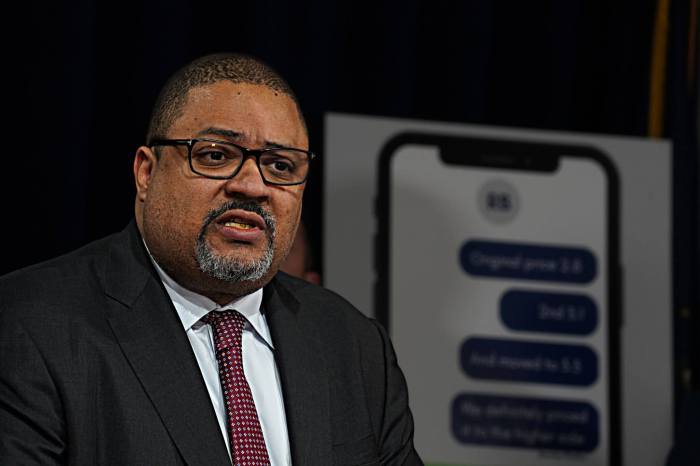By Doina Chiacu and Alexandra Alper, Andrew Hay, Gabriella Borter and Nathan Layne
Oregon’s governor on Wednesday said the federal government has agreed to withdraw agents from Portland, a step toward ending a standoff with U.S. President Donald Trump over the use of federal force, although the U.S. Department of Homeland Security said it would maintain its presence until conditions improved.
Governor Kate Brown said the government agreed to a phased withdrawal from a federal courthouse in Portland after weeks of clashes between activists and agents, some of whom did not have identifying badges and were seen on video footage pulling protesters into unmarked vans.
The withdrawal in Oregon coincided with the announcement of a deployment of federal law enforcement officials to Cleveland, Milwaukee and Detroit, expanding a separate program aimed at curtailing a surge of murders and other violent crimes in some cities.
“Beginning Thursday, all Customs and Border Protection and ICE officers will leave downtown Portland, and shortly thereafter will begin going home,” Brown said in a statement.
The U.S. Department of Homeland Security said it had agreed on a joint plan to end the violence in which state and local law enforcement would begin to secure areas around federal properties.
“The department will continue to maintain our current, augmented federal law enforcement personnel in Portland until we are assured that the Hatfield Federal Courthouse and other federal properties will no longer be attacked and that the seat of justice in Portland will remain secure,” DHS Acting Secretary Chad Wolf said in a statement.
Republican President Donald Trump, seeking re-election in November, has sought to crack down on protests to highlight his focus on law and order amid protests and unrest across the country after the May 25 killing of a Black man, George Floyd, by Minneapolis police.
The federal government deployed teams of tactical agents to Portland in early July to defend the courthouse, drawing criticism from Democrats and civil liberties groups who alleged excessive force and federal overreach by Trump.
Brown and Portland Mayor Ted Wheeler, both Democrats, complained they never asked for the federal officers and their presence was worsening the situation with protesters.
“We would do well to remember that this movement is not about the legal right of federal law enforcement to operate in our cities. It’s about the urgent and necessary work of criminal justice, racial justice and policing reform,” Wheeler told a briefing on Wednesday along with other Democratic mayors.
Solidarity protests spread over the weekend to other U.S. cities, prompting complaints by Democratic mayors that illegal federal deployments were escalating tensions across the country.
Seattle Mayor Jenny Durkan on Tuesday said U.S. Border Patrol Tactical Unit officers had withdrawn from her city.
Separately, the Justice Department said it would send dozens of law enforcement officials to Cleveland, Milwaukee and Detroit, following similar deployments to Chicago, Kansas City, Missouri; and Albuquerque, New Mexico earlier this month.
Distinct from the operation in Portland to secure the federal courthouse, these deployments are being made under what is known as Operation Legend, an initiative launched to address spikes in violent crimes like murders, which have risen by nearly 31 percent in Detroit compared to 2019.
Matthew Schneider, the chief federal prosecutor in the part of Michigan that includes Detroit, told a briefing on Wednesday that there would be “no federal troops” deployed to his state to interfere with peaceful protests.
“Operation Legend isn’t about protests or politics,” Schneider said of the program, which adds resources to existing arrangements between between federal officials and state and local authorities to prosecute criminals.
The surge in crime has come amid an unprecedented economic recession due to the coronavirus pandemic and widespread anti-racism protests ignited by Floyd’s death, although the precise cause of higher crime rates was not clear.
Schneider and ATF Special Agent James Deir said that their agents were, in many cases, seeking “fugitives” in connection to the rising violence. “Part of it is…people are getting on streets, part of it is unsupervised probation,” Deir said.
The operation’s expansion includes sending 42 federal agents to Detroit and more than 25 to both Milwaukee and Cleveland, according to the Department of Justice. The agents will come from the FBI, the Drug Enforcement Administration, the Bureau of Alcohol, Tobacco, Firearms and Explosives and the U.S. Marshals Service.
Detroit Mayor Mike Duggan and police chief James Craig on Wednesday released a statement approving Schneider’s expansion of the operation on certain conditions. “So long as those staff are used in the continuing effort to enforce federal laws on illegal gun trafficking and gang violence, DPD will continue its strong partnership with those agencies,” the statement said.
